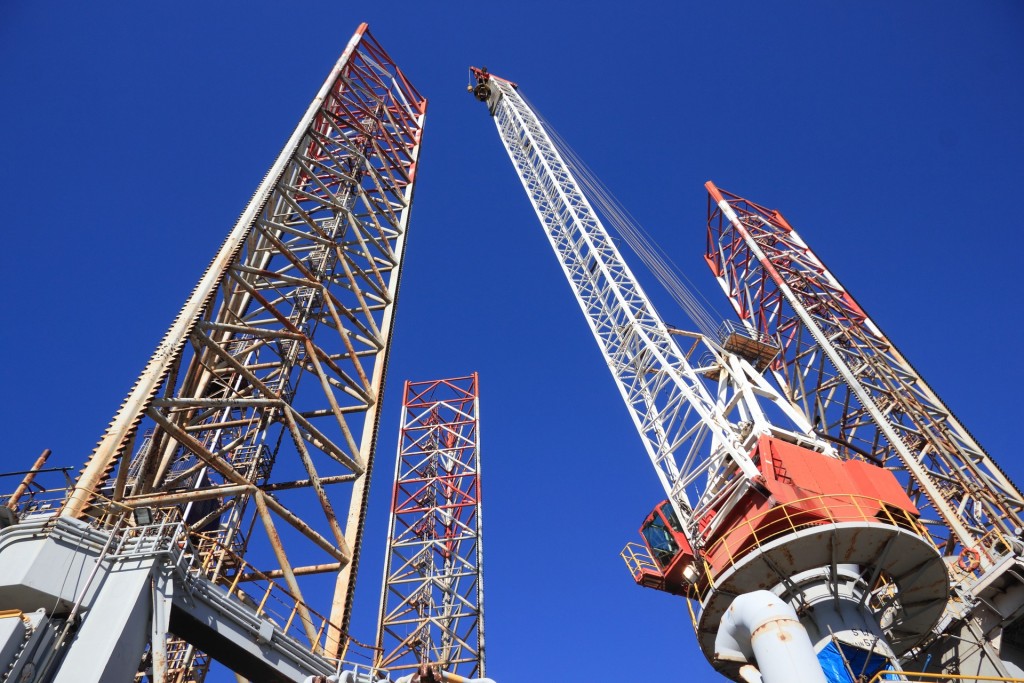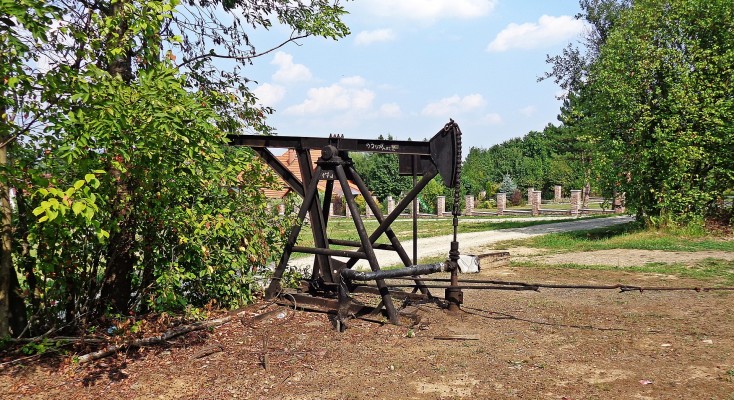Farmers talk about yield-per-acre; lawyers, about cause of action; and architects, about cornice molding. Virtually every line of work and professional discipline has its own jargon. By the same token, consumers should have some idea of these concepts when, say, buying food, filing a lawsuit or building a home. Terminology and its comprehension are important components in transacting business, and the management of property is no different. More specifically, when you own a plot of land that is rich in minerals—and seek to gain income from those deposits—you are much better off using the words common to oil and gas barons. Here are a few words that every owner of mineral rights should know:

If you own mineral rights, it’s important to understand how far down your rights extend.
Depth Rights
This tern refers to how far beneath the surface your rights go. A seller might choose to retain rights below, for example, 10,000 feet. If you are buying, the burden is on you to know whether your depth rights are limited or unlimited. Ordinarily, a good rule of thumb is to keep conveyance documents and leases as specific as possible, leaving no room for confusion.
However, know that public authorities may not always recognize the intents of buyers, sellers, and leases. In New York State, for example, a landowner—delinquent on his tax bills—had his property seized by the county. More than one lessee held rights at various depths, and had to battle the taxation authority to retain the mineral rights. One issue that came to a head was the depth to which the tax assessor evaluated the property.
Royalty Interest
A good analogy for royalty interest is found in the publishing business. A publisher will agree to edit, format, print and sell an author’s work in exchange for the copyright. As part of the deal, the publisher will pay a royalty to the author for every book sold. The same holds true in energy production and mining. The energy company seeks access to land owned by another. In exchange for mineral rights, the company agrees to give the owner a piece of the production (and revenue), i.e. the royalty interest. This stands in contrast to the working interest held by the lessee, who shoulders the expenses and labor involved in production.
Whether you have one or multiple income producing leases, it’s important that you track the royalty payments you are receiving from each one. I recently came across a new app that allows users to track their mineral rights and royalties in a very transparent and user-friendly way. Go to www.ingaugeminerals.com if you’re interested in checking it out.

You may lease or sell the mineral rights to a land, which means an oil and gas company will bring their own workers in to extract the minerals.
Landman
The landman is the individual who negotiates with mineral rights owners for the benefit of energy companies and other businesses that seek access to mineral resources. These professionals can be either field landmen—free-lancers who contract independently—or in-house landmen employed full-time by an oil company, like me. Landmen are involved in diverse tasks:
- Reviewing and clearing impediments to mineral rights title
- Interacting with government regulators
- Consulting with real estate attorneys regarding acquiring rights
- Strengthening ties and relationships with mineral owners
Of course, there are many other terms with which you should be comfortable when jumping into mineral rights commerce. Like the above, they deal with legal allowances, financial remuneration and the many people you will encounter.


